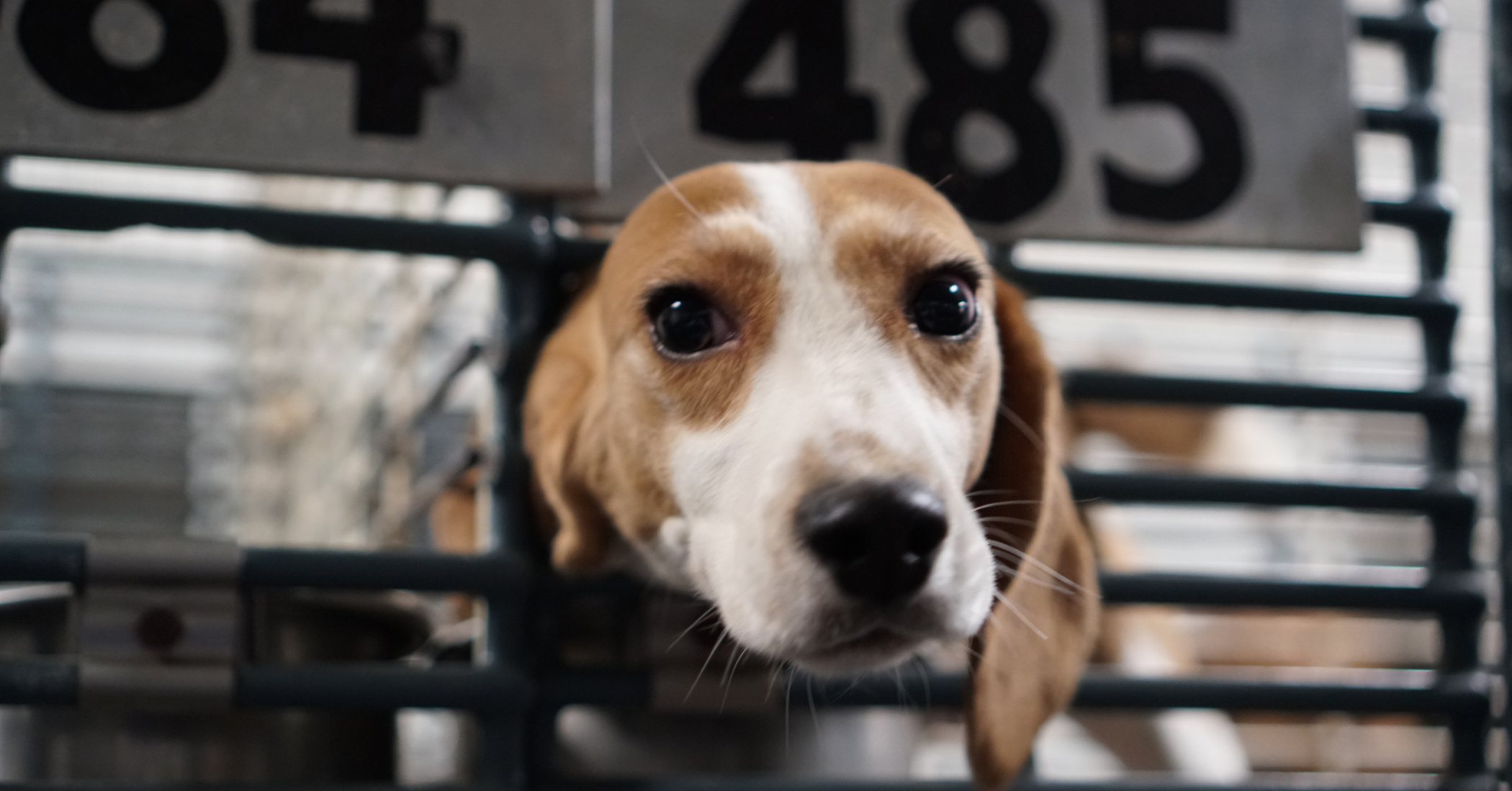New bill aims to ban controversial law enforcement ‘training’ where dogs are legally ‘mutilated’ to help train officers
Taxpayer-funded live tissue training sees live animals intentionally and severely injured so law enforcement staff can practice medical procedures.
A new bill has been introduced to help stop law enforcement officers from ‘mutilating’ dogs and other animals in controversial training exercises.
The legislation would outlaw the Department of Justice’s “live tissue training” on animals in medical preparedness courses. During the training, animals including dogs, sheep, and pigs, are intentionally and severely injured so that law enforcement staff can practice medical procedures. Any animals who survive the live tissue training are then killed.
The bill, known as the Stop Wasteful and Outdated Training Act, was introduced on May 7 by Congresswoman Madeleine Dean (PA-04) and Congressman Troy Nehls (TX-22).
“Wounding live animals for this training is outdated and unnecessary,” Rep. Dean said. “With the abundance of medical training tools available today, like high tech patient simulators, there is no reason to continue this cruel practice—much less at taxpayer expense.
Non-profit campaign group White Coat Waste Project (WCW) has spent several years fighting to defund live tissue training, which it describes as “barbaric” and “wasteful”. WCW says that the law enforcement officers’ medical training has seen pigs and goats being stabbed, shot, burnt, and dismembered, as well as beagles who have been maimed and killed.
Records from the Department of Justice show that the agency - specifically the Federal Bureau of Investigation and U.S. Marshals Service - used over $130,000 of taxpayer money to inflict “traumatic injuries” on “live animal models” as part of live tissue training.
Following years of campaign pressure from WCW, Congress for the first time in history temporarily defunded the government’s live tissue training in 2023. Then, in March earlier this year, Congress renewed the measure for the second year in a row.
Now, the Congressmembers’ new bipartisan bill will seek to make Congress’ funding restriction permanent and finally outlaw the DOJ’s live tissue training.
“As someone who served in law enforcement for nearly 30 years, I know there are better ways to train federal officers to treat human casualties than by mutilating animals,” Congressman Nehls said. “Law enforcement officers deserve to have the best medical training possible. That’s why I’m working with my colleague, Representative Dean, to defund the DOJ’s outdated and inhumane live tissue training on animals in favor of better modern simulators that save money, animals, and patients’ lives.”
Modern and humane alternatives to live tissue training have developed in recent years. In fact, government studies have repeatedly found that high-tech patient simulators that mimic human anatomy are more educationally effective and cost-effective than live tissue training in animals.
Several federal agencies including the Department of Defense and the U.S. Coast Guard have already severely restricted or eliminated live tissue training. The Defense Health Agency has also described live tissue training as “outdated and cost prohibitive”, and that “live tissue training options are not anatomically accurate”.
The White Coat Waste Project are among those who have backed the new bill. “A majority of taxpayers—Democrats, Republicans, and Independents alike—oppose DOJ’s barbaric live tissue training on animals, and we commend Reps. Dean and Nehls for taking action to end this waste and abuse,” said Justin Goodman, Senior Vice President at WCW.
We Have A Favor To Ask…
Species Unite amplifies well-researched solutions to some of the most abusive animal industries operating today.
At this crucial moment, with worldwide momentum for change building, it’s vital we share these animal-free solutions with the world - and we need your help.
We’re a nonprofit, and so to keep sharing these solutions, we’re relying on you - with your support, we can continue our essential work in growing a powerful community of animal advocates this year.





